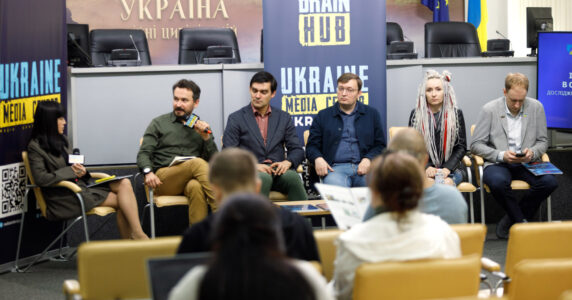Navigation and useful materials
Attacks on the health care system constitute a threat in terms of information security as they primarily exploit a low level of trust in local authorities and the medical system.
That’s according to Maria Sahaidak, an expert with the Center for Strategic Communication and Information Security, who spoke at the discussion on the issue “Misinformation in the field of health care. Does propaganda affect vaccination?” Ukrinform reports.
“Russia is an experienced player in disinformation. It’s obvious that the ultimate goal of Russian propaganda, particularly in the field of health care, is to weaken Ukraine, make it more vulnerable to external influences, and destabilize the situation in the country between the government and civil society,” she said.
According to the expert, in Ukraine in 2020-2021, clear groups of Russian narratives were identified, aimed at weakening the nation’s coronavirus protection. These include conspiracy theories, spins compromising Ukraine, anti-vaccination fake news, narratives about the allegedly ineffective COVID-19 treatment, and discriminatory narratives.
Most anti-vaccination fake stories are circulated across social media, also being spread by a number of Ukrainian bloggers who stand against vaccination. At the same time, television has become the most massive channel of misinformation, through poor-quality news reports, biased experts and politicians who are offered air time to spread misinformation about COVID-19 and vaccinations.
Sahaidak said that, in addition to directly countering fake news, it is important to establish communication with highly trusted medics who are at the same time particularly targeted by Russian disinformation.
If you have found a spelling error, please, notify us by selecting that text and pressing Ctrl+Enter.


